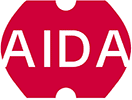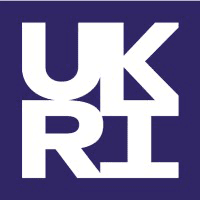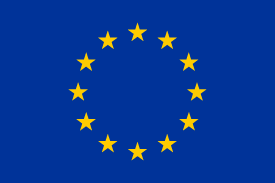
Project Description
Most cases of gastric cancer (GC) are detected at a late stage, when patients have a very short life expectancy (the median is approximately 1 year). Diagnosing people at risk of developing GC at the pre-symptomatic stage, typically chronic gastric inflammation, could significantly improve the outlook.
Artificial intelligence (AI) can help clinicians make sense of their own data by automating much of the treatment and analysis, which require manual work and years of experience. But it can do more: it can bring together available data from various sources into a vast data lake and cross-correlate the data to derive a ‘risk score’ for gastric cancer and shed light on the mechanisms of its evolution. The AIDA project aims to do exactly this.
AIDA could help researchers understand the mechanisms that trigger gastric oncogenesis, it could help clinicians diagnose precancerous inflammation at the earliest possible stage, it can suggest personalised therapeutic strategies for treatment and follow-up, and make personalised recommendations for monitoring patient health status, thus contributing to gastric cancer prevention. This places AIDA squarely on Europe’s agenda of ‘Staying healthy in a rapidly changing society’.
AIDA unites some of Europe’s leading authorities in the field of gastric inflammation, gastric cancer, leading AI and machine learning experts, experts on data governance and privacy, representatives of the public administration and patient advocates. AIDA also has strong ties with the industry. After the project, the results will live on in a foundation that acts as a transnational focal point for chronic gastric inflammation — and GC in general.
Find more information on the website of the AIDA-project: https://www.aidaeuproject.org/



